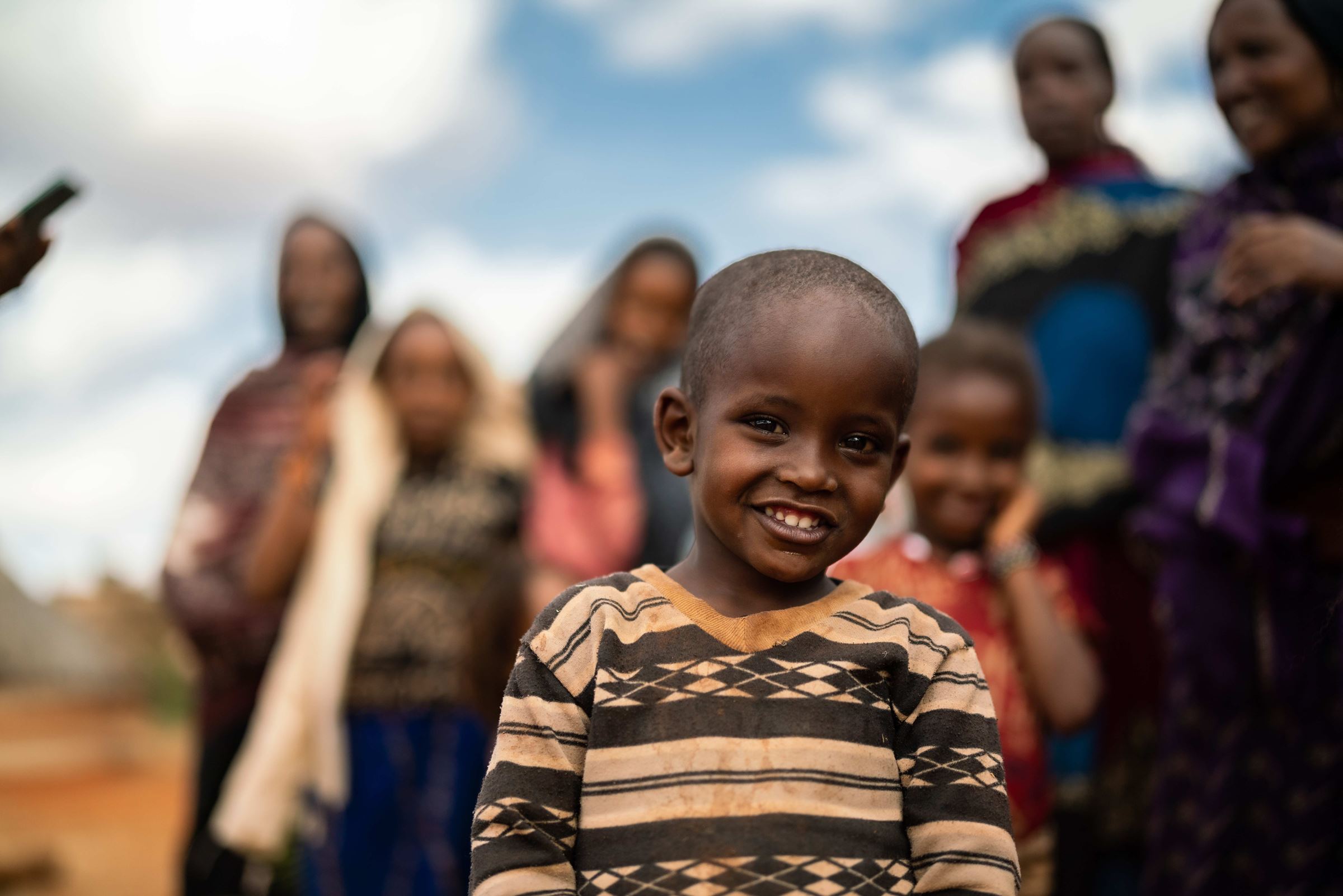Our cooperation with governments
Kindernothilfe has a longstanding partnership with governmental institutions, such as the German Federal Ministry for Economic Cooperation and Development (BMZ), which has become Kindernothilfe’s most important institutional donor. With extensive support, the German Government values not only the quality and effectiveness of Kindernothilfe’s projects but also recognizes the important contribution that our local community-based partner organizations make to international development. With their close ties to the communities and their intimate knowledge of local contexts, they can reach out to those who do not usually have a say in development. Our partner organizations make their voices heard at the societal and political level. In its grant- and donation-funded projects alike, Kindernothilfe pursues a rights-based, child-centered approach aimed at strengthening the capacity of the local civil society and at addressing the structural causes of poverty, deprivation and social exclusion.
Project examples
Afghanistan: Project funded with the support of the Otto per Mille of the Waldensian Church of Italy
After the Government of Pakistan announced the "Illegal Foreigners' Repatriation Plan" in October 2023, Afghanistan experienced a dramatic surge in the number of people returning from Pakistan.
In order to provide the critical life-saving basic needs of the returning families, the Otto per Mille's Funds of the Waldensian Church in Rome, supports a project that ensures nutrition of children, promotes hygiene and raises awareness on child protection for returnees. The target group are 200 household with 1000 children in Kunduz and Baghlan Provinces.
BMZ: Project example Ethiopia
BMZ and the CoSAP network support a project for 10,000 families with approximately 50,000 children in the regions of Oromia, Afar and Somali. This project helps these communities develop internal resilience against natural disasters. Working in collaboration with local authorities, women can set up a local financial and social safety net with assistance from self-help groups. Should drought or crisis strike, they are better equipped with savings to buy food and necessities for daily life.Authorities can alert families of upcoming crises in a shorter timespan to allow for better preparation. Children receive regular nutritious meals and attend school. They are learning about their rights and advocacy approaches.
BMZ: Project example Pakistan
The BMZ supports our partner organisation RDF in the Thar Desert of the Pakistani province of Sindh. The funding comes from the Energy and Climate Fund that is financed by revenues from the EU Emissions Trading System.This project ensures that approximately 139,600 people can live sustainably in this region now affected by extreme weather conditions. The men have goats, sheep, chicken, and camels vaccinated. The women have adapted to droughts by using new feeding methods.
The population colaborates with the authorities and the University of Sindh to develop an appropriate effective drought and flood warning system. Small farmers use water conservation methods and plants that are better adapted to the changing climate. In addition, they have expanded the village water cisterns. Today, residents and farmers have sufficient access to water. The women build clay stoves on their own to reduce wood fuel use. In school, children are learning how to adjust to future environment and weather conditions.


